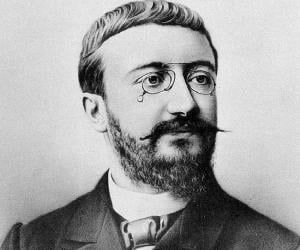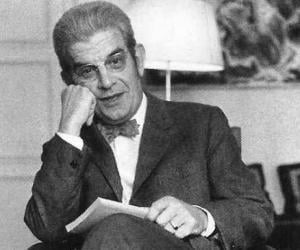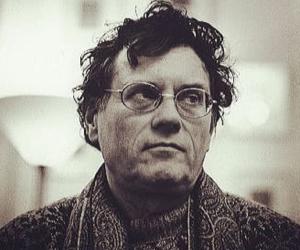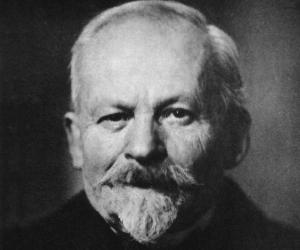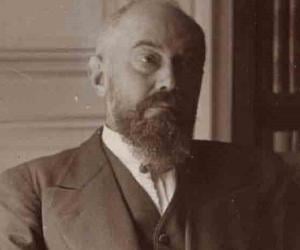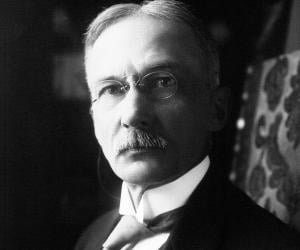1
Gustave Le Bon
(French Polymath)
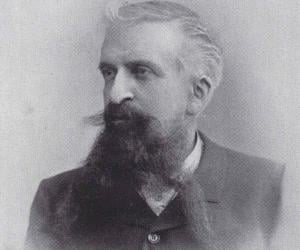
22
3
Birthdate: May 7, 1841
Sun Sign: Taurus
Birthplace: Nogent-le-Rotrou, France
Died: December 13, 1931
Gustave Le Bon was a versatile French polymath with expertise in anthropology, psychology, sociology, medicine, invention, and physics. He gained recognition for his influential work "The Crowd: A Study of the Popular Mind," a seminal piece in crowd psychology. Le Bon initially trained as a doctor but transitioned to a successful writing career. He conducted extensive research, traveled widely, and developed groundbreaking theories on crowd psychology, sociology, and psychology. Despite facing criticism for his conservative views, Le Bon maintained an eclectic range of interests throughout his professional life.
